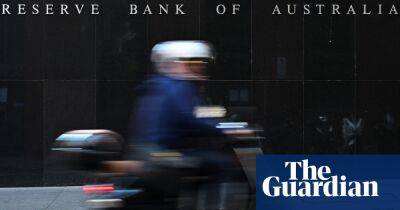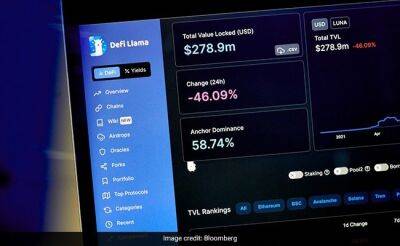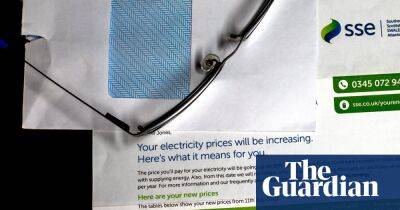UK economy ‘one of the most vulnerable’ in the world right now due to mortgage trends, strategist says
There's an economic idiosyncrasy in the U.K. that makes it «one of the most vulnerable countries in the world right now,» according to an investment strategist.
Mike Harris, the founder of Cribstone Strategic Macro, argues that a major problem for Britain is that its mortgage market is «heavily short-term.» While in the U.S. and in other parts of Europe citizens like long-tenure mortgages, many Brits opt for short-term loans of less than five years. Tracker mortgages are also popular which fluctuate with the Bank of England's base rate.
Harris told CNBC Friday that this was an issue as rate rises would immediately trigger losses to household incomes, while it might not actually deal with the issue of inflation. He explained that the U.K. was a country that «imports inflation,» so the effect of interest rate hikes by the Bank of England wasn't simply a rebalancing of supply and demand that would slowly rein in consumer price growth.
«Here. we're actually not really dealing with a pure situation where we're trying to slow the economy, we are ultimately trying to rebalance expectations, and the U.K. is a country that imports inflation… So we're not effectively in a position where we're free effectively to just focus on supply and demand,» he said.
He added: «We get stuck in a situation where global inflation is driving our inflation at this stage, we have to hit the consumer and instead of just reducing the propensity to spend in the future, we're actually taking further money out of household income, which doesn't happen in the U.S.»
The Bank of England raised interest rates by a quarter of a percentage point on Thursday, taking its base interest rate up to 1%. That's the highest interest rates have been since 2009 and was
Read more on cnbc.com






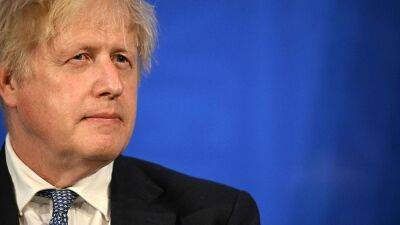

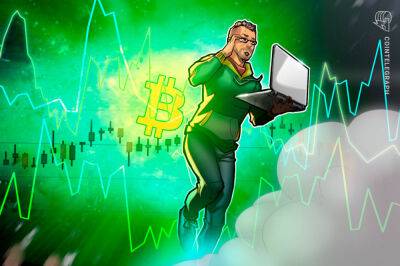
![Should Dogecoin [DOGE] investors prepare for another selloff - ambcrypto.com](https://finance-news.co/storage/thumbs_400/img/2022/6/6/28456_etqv5.jpg)

